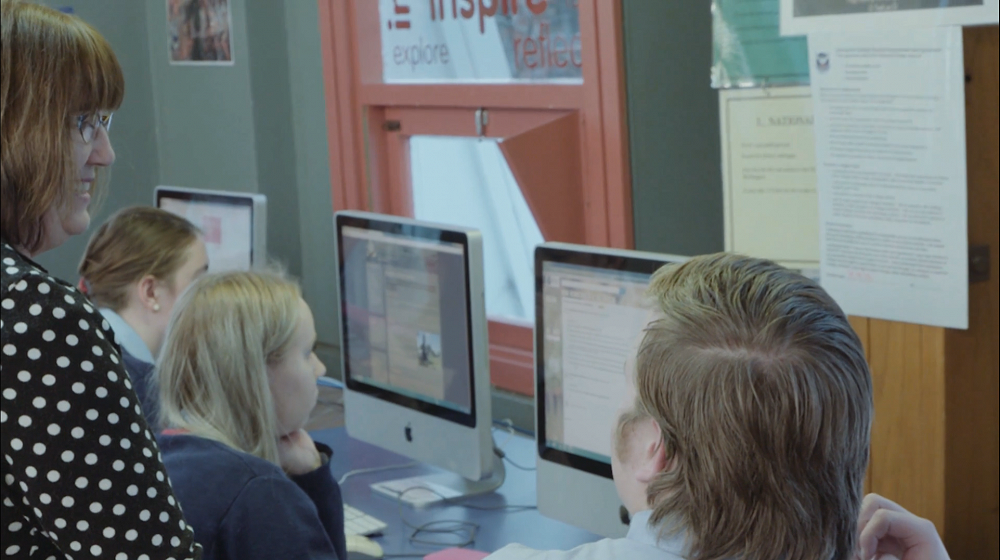
Online provision - meeting a range of learner needs
How can online educational provision improve education outcomes for children and young people at risk of disengaging or in need of additional learning support?
Based on NetNZ’s long experience working in this environment, we believe that all learners can be succeed online, as long as they have the necessary support. However, local learning support, for example from an eDean/‘Learning Coach’, is pivotal. This pastoral support, focused on mentoring student agency and dispositions for learning is an integral part of ensuring student’s flourish in this environment. As a very connected ‘community of schools’, NetNZ and its online teachers are able to work closely with its eDeans to provide effective, flexible, personalised guidance and support to its learners. Those schools who provide and adequately resource such onsite support are able to place a broad range of students in online learning programmes.
As online learning becomes more common within NZ schools, we would like to see more formal recognition for the eDean/‘Learning Coach’ position in schools (e.g. like a school’s RTLB position) with tagged time and resourcing provided to this position based on the number and characteristics of the learners. Well supported it would be possible to extend this eDean support and service beyond a school’s student population to provide effective mentoring and support to ‘at risk’ and other young people outside of the schooling system, to re-engage with their education through online learning (e.g. alienated students not attending school; young adult leaver who require retraining; home schooled students).
With the right levels of support the fully online environment can often be a viable alternative for children and young people who are at risk of disengaging or in need of additional support. The use of asynchronous learning platforms in online learning enables learners to engage, collaborate and discuss with other students, but without many of the pressures that come with being face to face. Many of the distractions of a face to face classroom are removed and students are able to more easily focus on their learning, and importantly, still engage with other children. For example, children with autism spectrum disorder can flourish online, because they have the time to think on their responses and are not presented with the verbal or sensory overload that comes with a face to face classroom. These benefits are true for a range of learners who are at risk, whether for behavioural, learning or medical reasons. The online environment can provide a much quieter, calmer environment free from the distractions of a physical classroom, while still retaining those social and learning connections that are so important to development. In fact, for some, it is a chance to re-connect.
